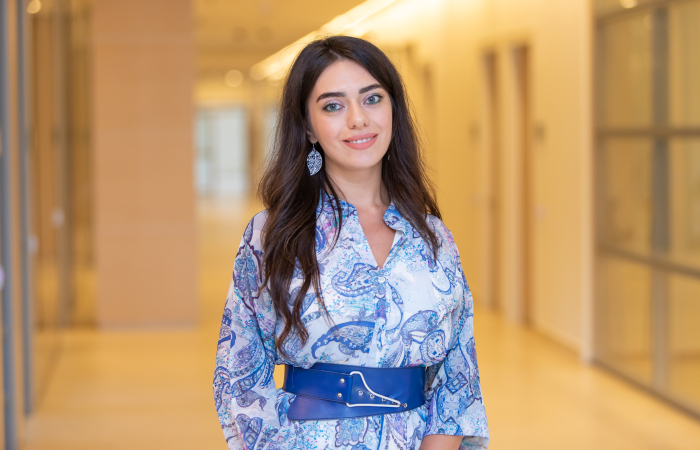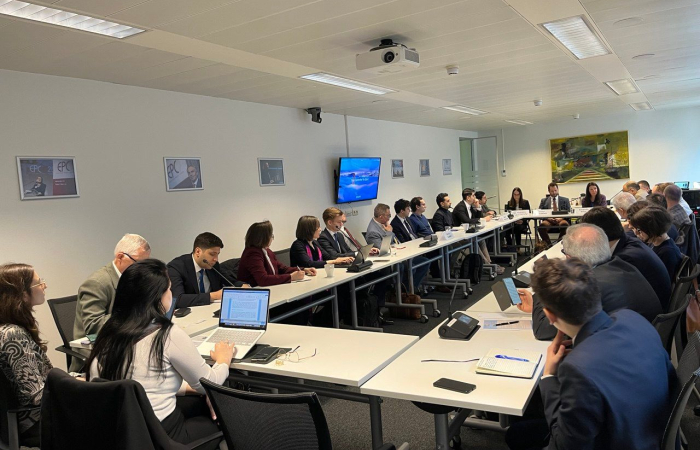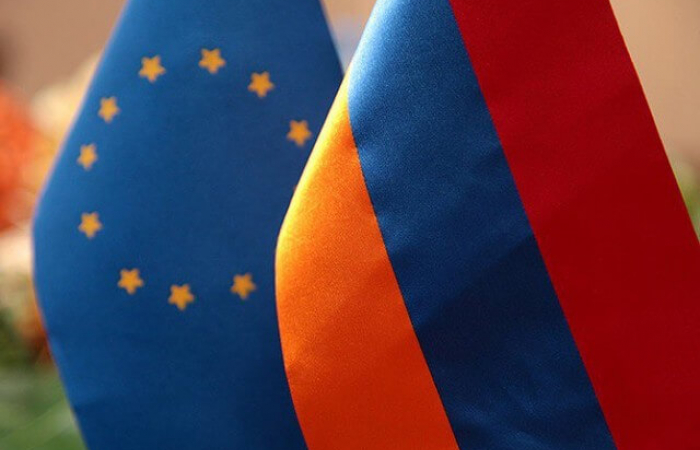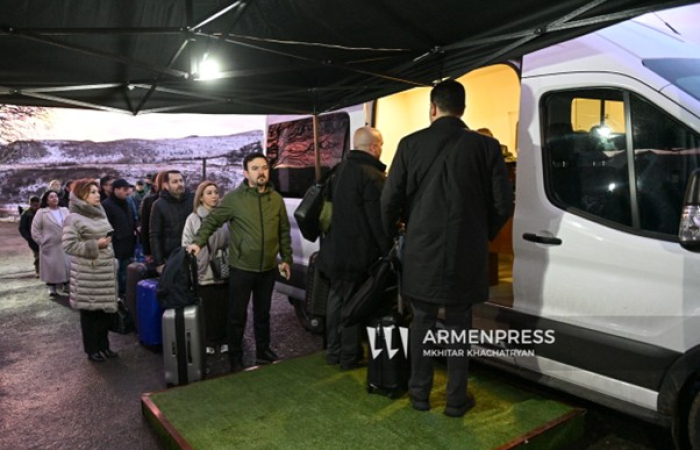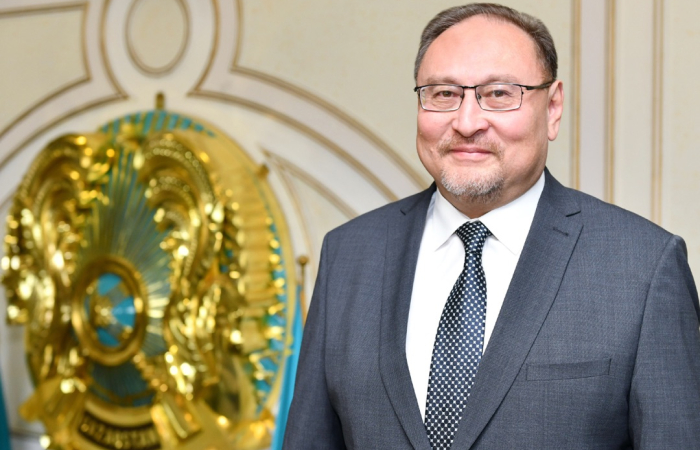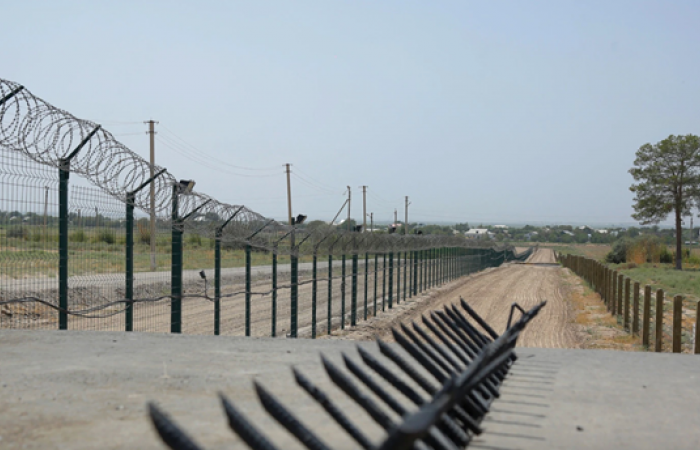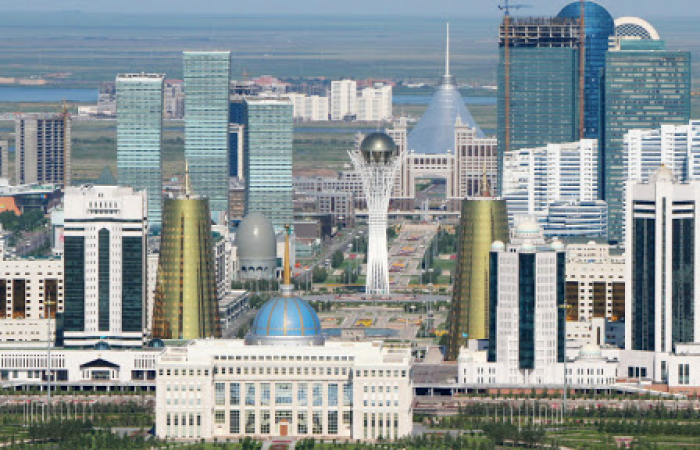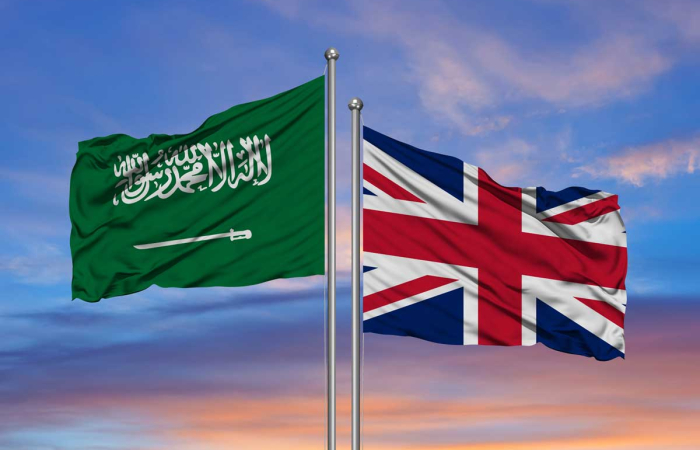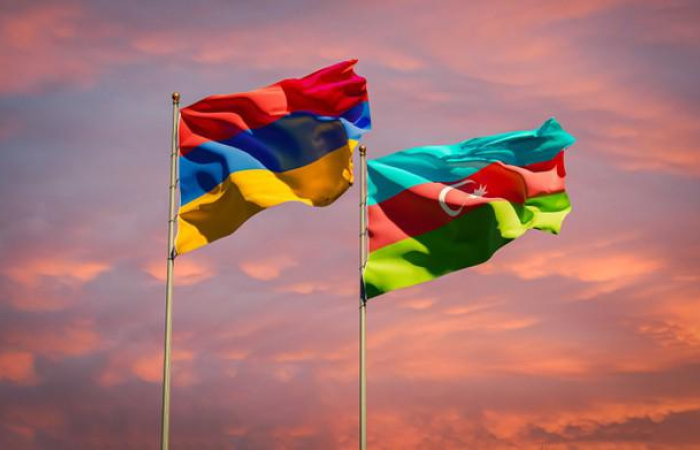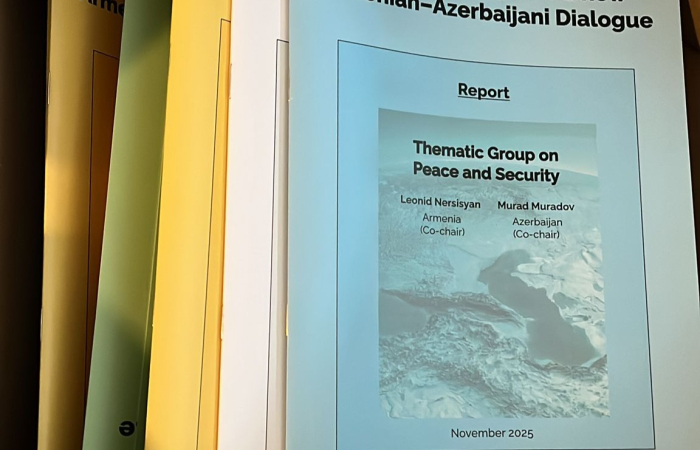- Nakchivan airport in Azerbaijan struck by Iranian drones
- Thursday Interview: Fidan Namazova
- Edgar Khachatryan has passed away
- Georgia expands government oversight of foreign funding for media and NGOs
- Armenian Prime Minister visits Georgia for cooperation talks
- Iran claims control of Strait of Hormuz
Focus on the South Caucasus
Monday Commentary and Thursday Interview
Focus on Central Asia
Focus on Arabia
commonspace.eu is an activity of LINKS Europe Foundation, an independent foundation based in The Hague, The Netherlands. We focus on issues related to European peace and security, Europe's neighbouring regions, including Eastern Europe, the Caucasus and Central Asia; North Africa and the Sahel, the Horn of Africa and the Arabian Peninsula. LINKS Europe is committed to contributing to a better future by increasing understanding of complex foreign policy issues, by promoting dialogue and confidence-building as tools for helping to resolve conflict, and by engaging citizens in the process of building peace and security on the basis of solidarity and mutual respect. Through commonspace.eu, we aim to provide insights and analysis on different topics in our area of interest and a platform for diverse opinions.
Read LINKS Europe's work programme for the two-year period 2024-2025 here



